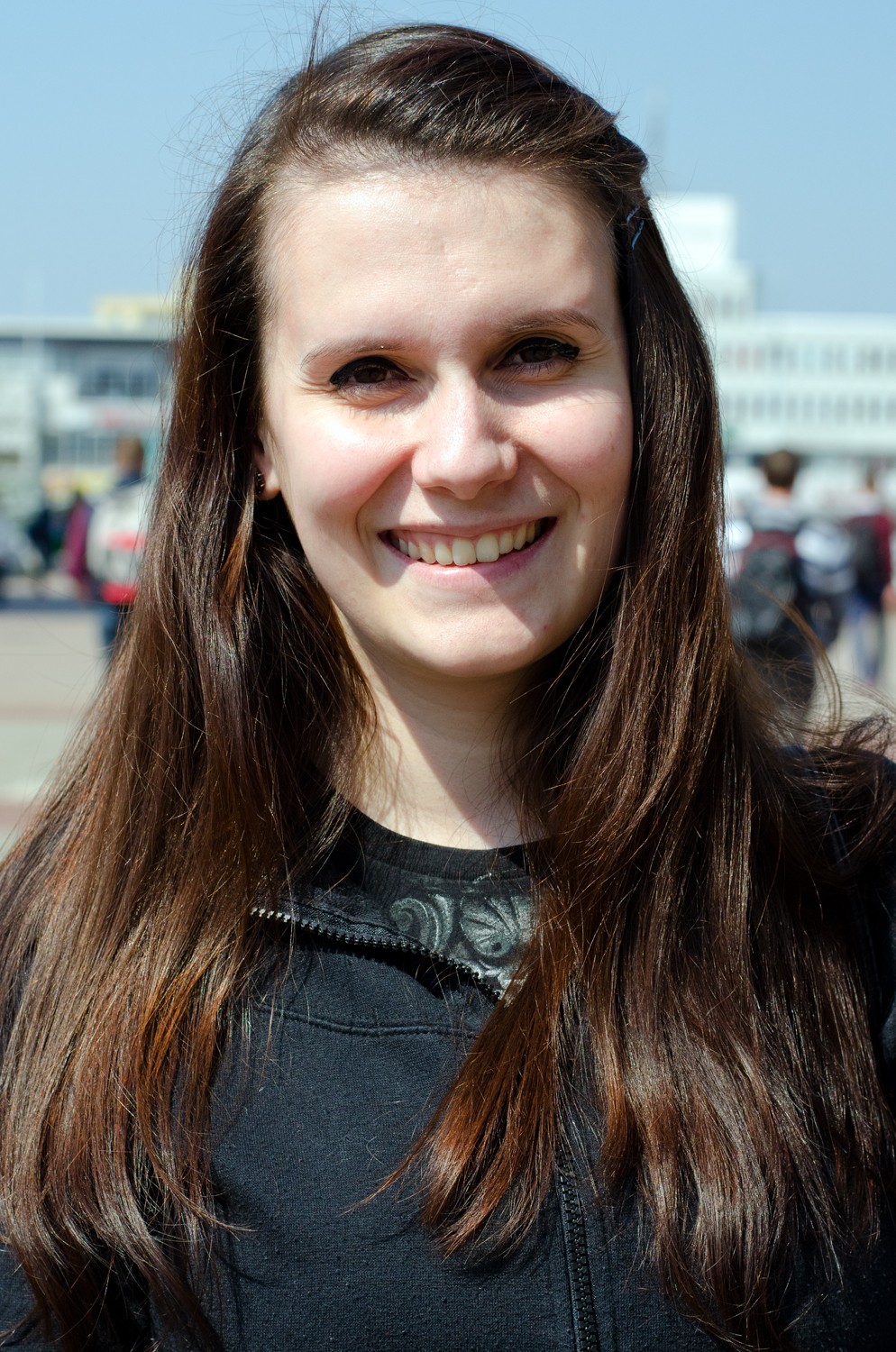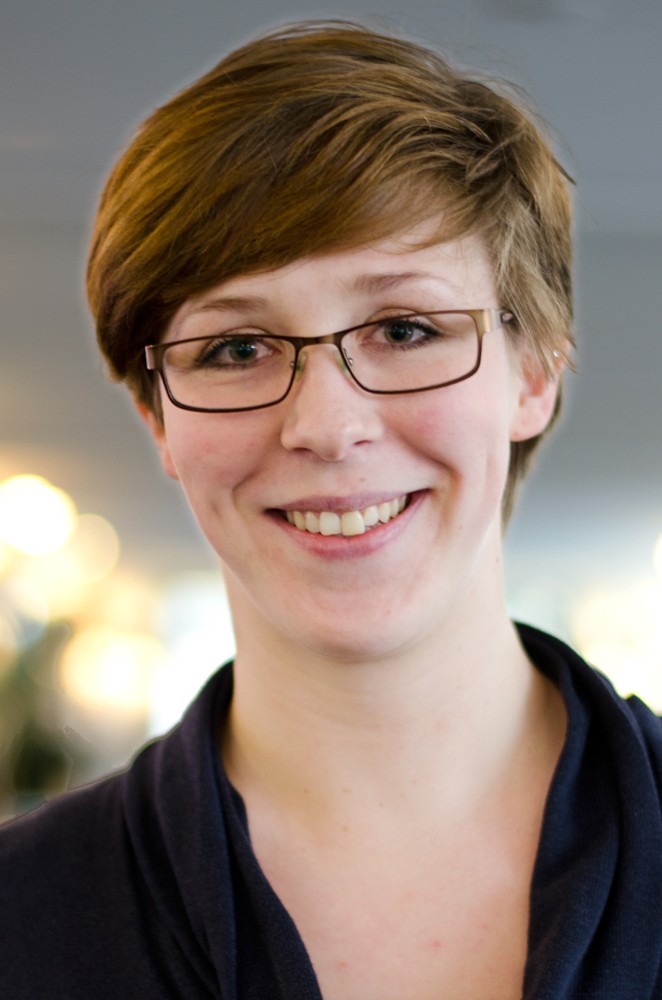General and Comparative Literature

... looks into questions such as ...
- What is world literature
- Why are dramas of the ancient Greece still relevant?
- How does literature relate to other media?
- Why and how do literary works get translated?
- How do literary themes evolve?
-
 „
„The lecturers are very open, and you have the chance of actively contributing to the way the seminars are conducted.
“Elena Schick, Master's degree read more ...
-
 „
„My advice to future students: you should do a lot of reading, and don't be afraid of French and English!
“Imke Kuhn, Bachelor's degree read more ...

What made you choose this degree programme?
I've always been a bookworm and have been interested in literature. By studying Comparative Literature Studies, I have the chance of turning my hobby into a career.
In which respect have or haven’t your expectations been fulfilled?
I was initially worried that text interpretation might be just as “teacher-focused” as it was in school, but, fortunately, this turned out to not be the case. The lecturers are very open, and you have the chance of actively contributing to the way the seminars are conducted.
Which aspect of your degree programme do you enjoy most?
Definitely reading and subsequent discussions in class! The courses offered are very diverse, and I have managed to read works in the last seven semesters that I'd always wanted to read but never seemed able to find the time.
What has been your biggest challenge to date?
If you want to prepare for every single class in every single seminar, you will have to do a lot of reading. Naturally, there will be some works that are boring or demanding and that you will have to force yourself to read.
What would you like to become after completing your degree?
My preferred career option would be as an editor with a publishing house, but I am also interested in pursuing a career in journalism. I will be putting out my feelers in both directions and then wait and see.
Which advice would you like to give to students who consider enrolling in this degree programme?
You've got to love reading and be passionate about literature!

What made you choose this degree programme?
Because of my love for literature, which I had not discovered until the sixth form. I was interested a transnational approach to literature.
In which respect have or haven’t your expectations been fulfilled?
The “transnational” aspect does indeed play a huge role, but it is often difficult to read texts in the original language, as most students are only familiar with English. Consequently, we most often make use of German translations, which, however, bear their own problems on close examination. What I've really liked about the degree programme was the great diversity of seminars that focus on various subjects so that every student may choose his or her own area of specialisation.
Which aspect of your degree programme do you enjoy most?
Reading. Plain and simple. I simply do love reading, especially novels of all genres. This made it easy to prepare for the oral BA exam, as I was able to select exactly two topics that I was very much interested in.
What has been your biggest challenge to date?
Not being able to read everything I was supposed to. The reading requirements in some of the seminars are very high and can hardly be managed if you want to do anything else outside the degree programme. And so I spent the odd hour in class having read only the cliff notes.
What would you like to become after completing your degree?
Comparative Literature Studies really was my Minor degree which, in my opinion, does not offer many career options. Perhaps in combination with my other degree, Art History. Working for a publishing house might be quite interesting. However, I will discontinue Comparative Literature Studies in my Master's degree.
Which advice would you like to give to students who consider enrolling in this degree programme?
You should do a lot of reading, and don't be afraid of French and English! Theory does not figure largely in the curriculum, so you don’t have to be afraid of it.
